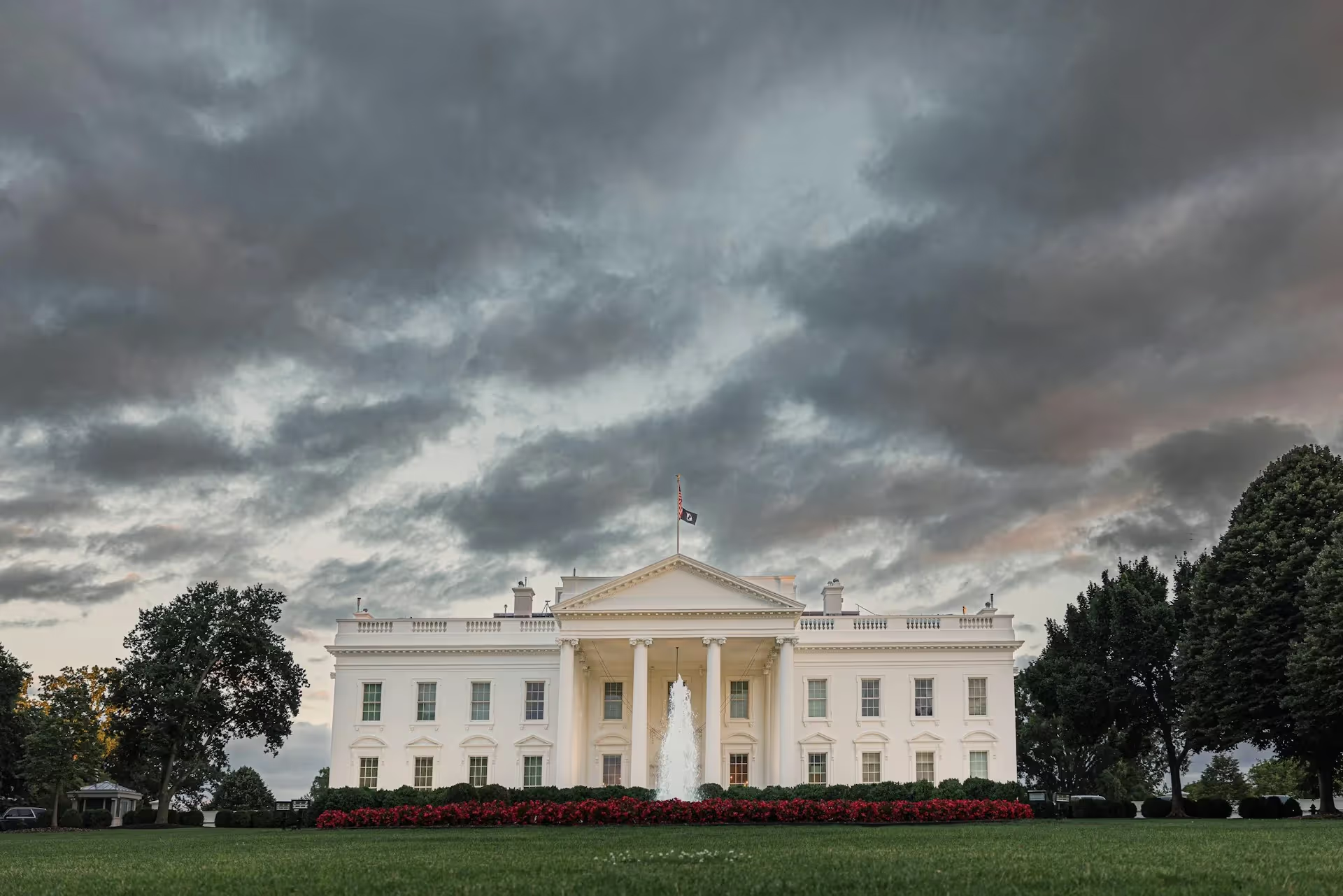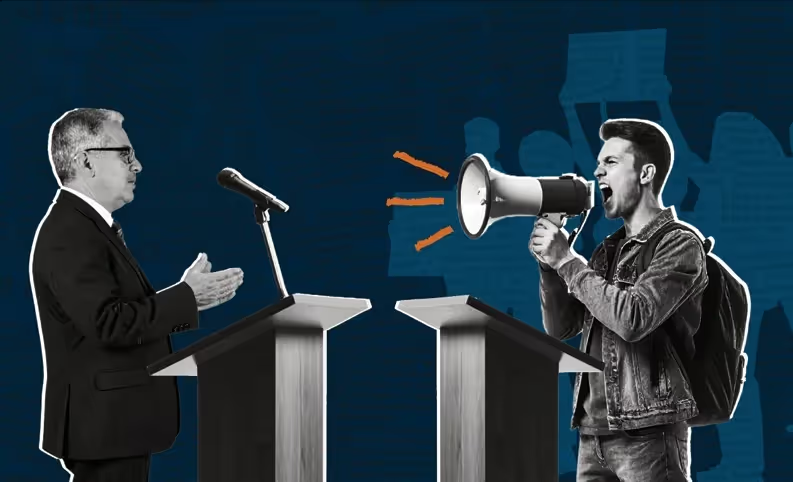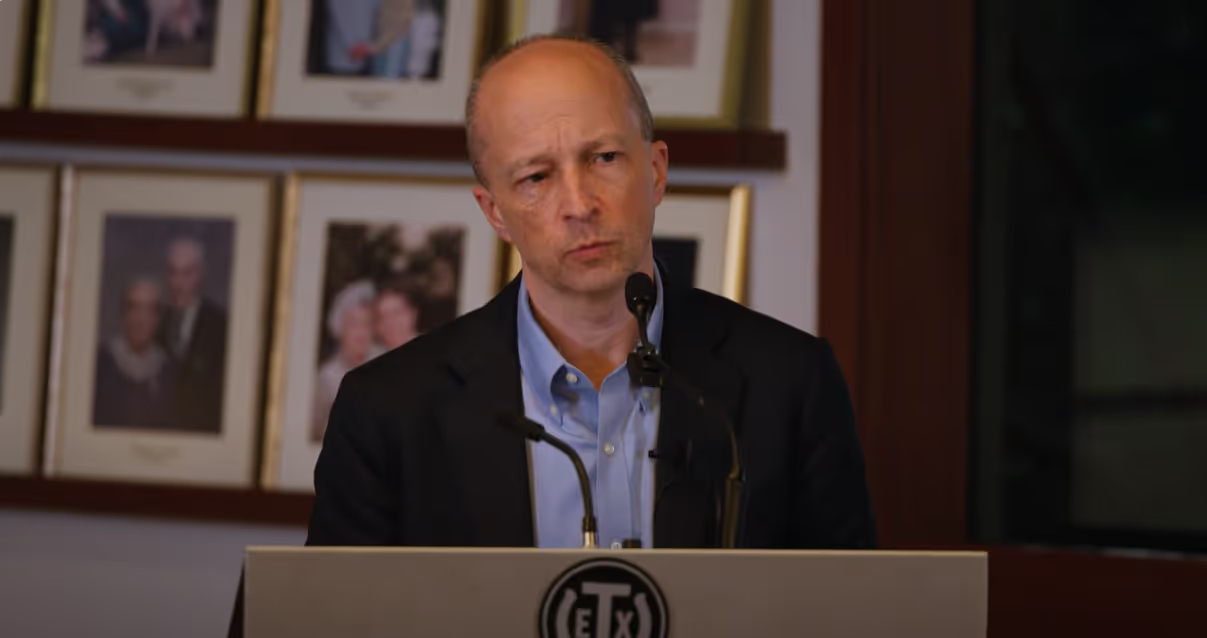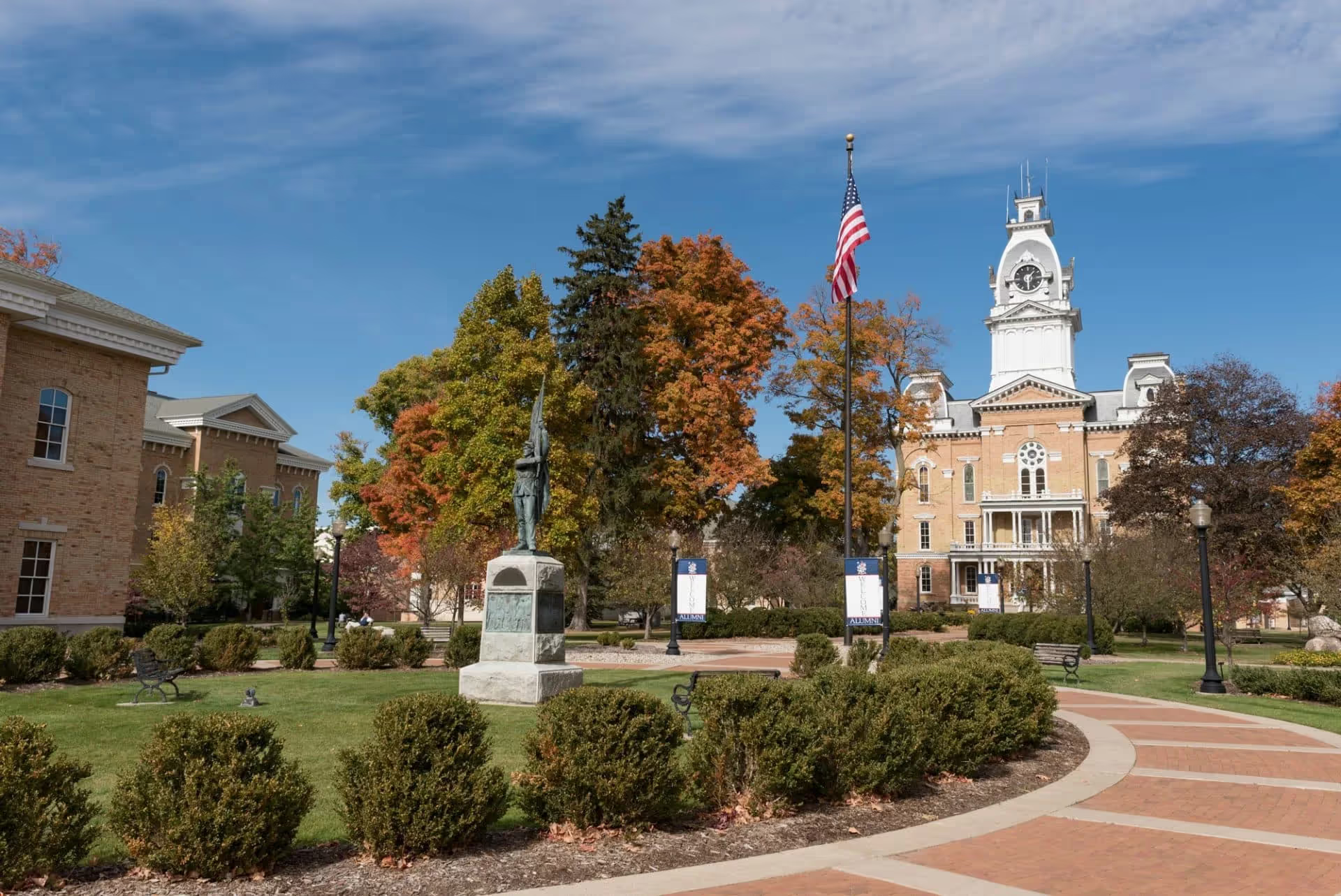Does America Have a Balance of Power Problem?
Episode description from Top of Mind with Julie Rose:
How is the balance of power supposed to work when a U.S. President aggressively pushes for more?
In his first 100 days of his second term, President Donald Trump issued more executive orders than any president in history, and the Supreme Court has largely let them stand while legal challenges play out. Whether that troubles you depends largely on how you feel about the President and his policies. But within four years, someone else will hold that office and may wield the same power toward different priorities.
In this episode of Top of Mind, host Julie Rose explores the origins of “checks and balances” in American government, including the surprising history of how the Supreme Court became “supreme.” We hear from a conservative legal scholar who worked for the George W. Bush Administration and thinks America benefits when Presidents push the limits of their power and Congress pushes back. Then we’ll explore why some Americans believe their local “Constitutional Sheriff”—not federal officials—is the ultimate authority in their community.
GUESTS
Timothy Johnson, Professor of Political Science and Law, University of Minnesota (https://www.trjumn.com/)
John Yoo, Professor of Law, UC Berkeley; Distinguished Fellow, Civitas Institute at the University of Texas at Austin (https://www.law.berkeley.edu/our-facu...)
Richard Mack, Former Sheriff of Graham County, Arizona; Founder of the Constitutional Sheriffs and Peace Officers Association (https://cspoa.org/)
Constitutionalism

Amicus Brief: Hon. William P. Barr and Hon. Michael B. Mukasey in Support of Petitioners
Former AGs Barr and Mukasey Cite Civitas in a SCOTUS Brief

Rational Judicial Review: Constitutions as Power-sharing Agreements, Secession, and the Problem of Dred Scott
Judicial review and originalism serve as valuable commitment mechanisms to enforce future compliance with a political bargain.

What’s Wrong with a Military Campaign Against the Drug Trade
Trump’s boat strikes against the cartels risk crossing the line between law enforcement and war.

The Long History of Presidential Discretion
The Framers did not expect Congress to preauthorize every use of force or to manage military campaigns.
.avif)
Have We All Misunderstood Enumerated Powers?
The author carefully states that his goal is to unsettle the orthodoxy of enumeration.

Free Speech and the American University: A Proposal
We need the restoration of a moral framework for regulating speech, a framework that we, as a people, once had no trouble in understanding.




.avif)





.avif)
.avif)


